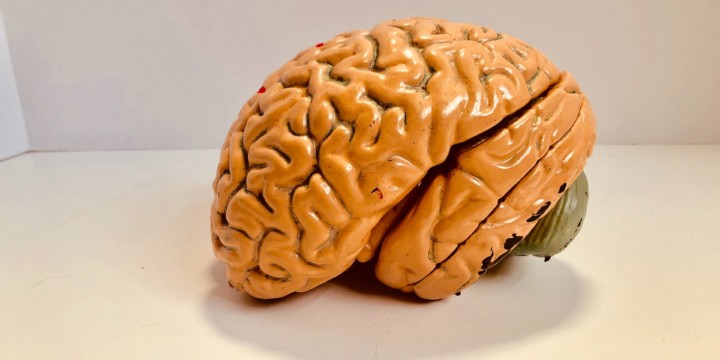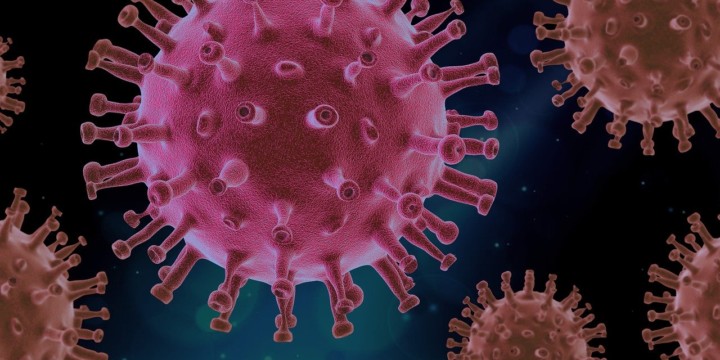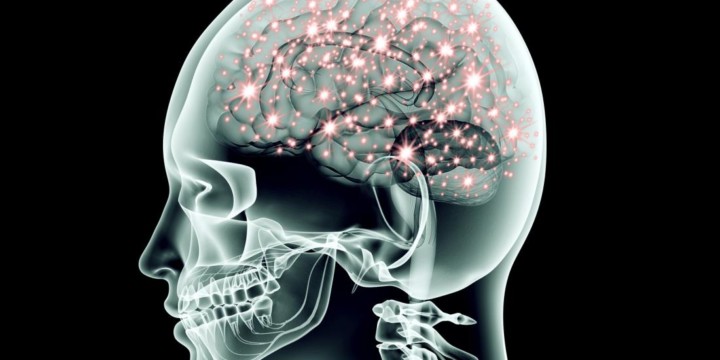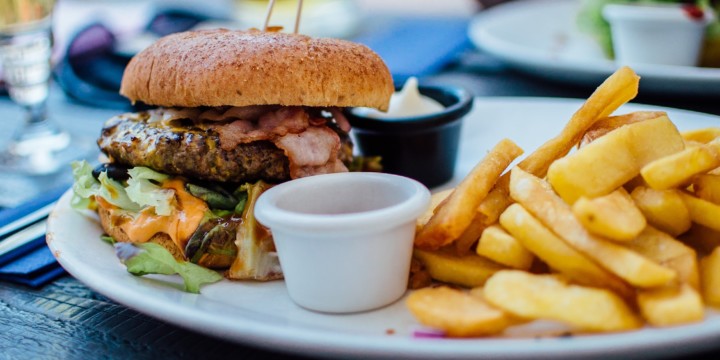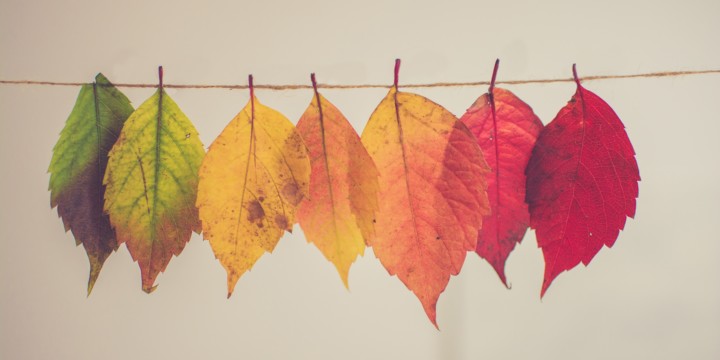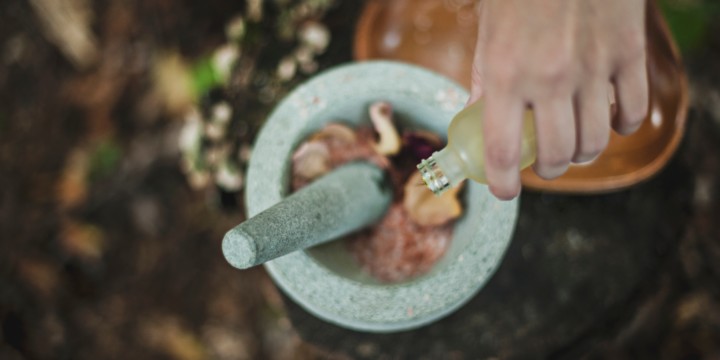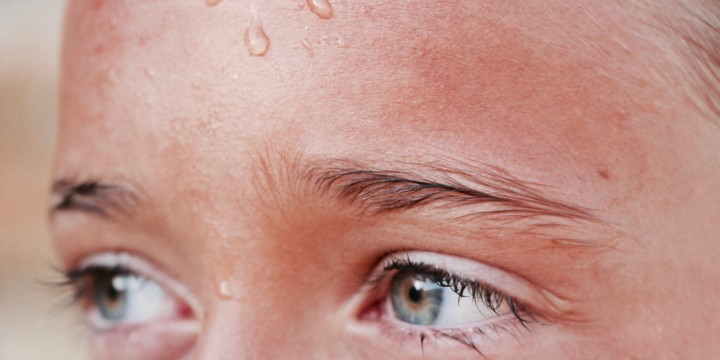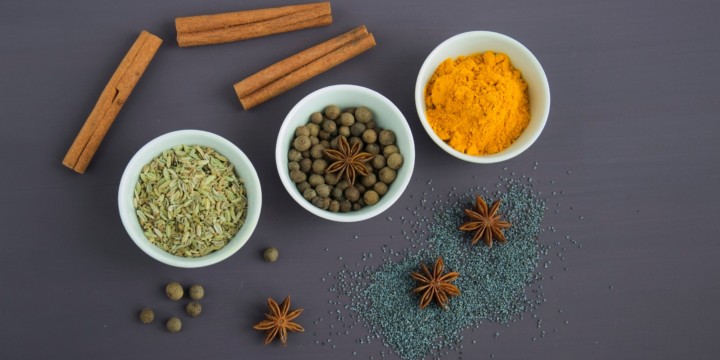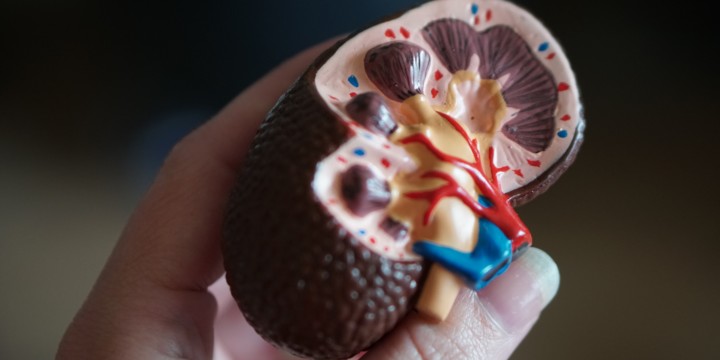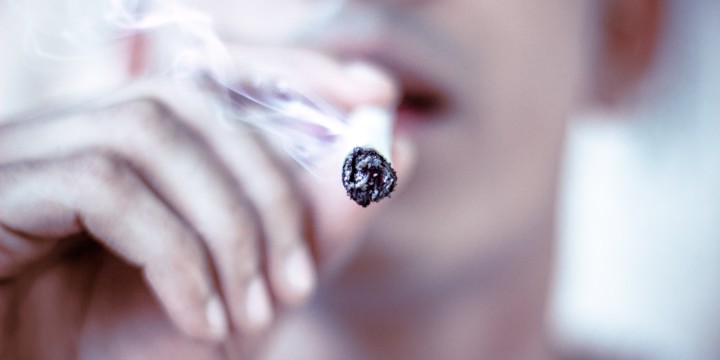Physiology of GERD
GERD occurs when the stomach acids flow back into the oesophagus, which is a muscular pipe conveying food and liquids from mouth to the stomach. Normally the contents of the stomach are prevented from entering into the oesophagus by a muscular sphincter which acts as a one-way valve. In GERD due to various causes, the stomach acids enter the oesophagus corroding the lining and giving rise to the following symptoms.
Causes
- Pregnancy
- Smoking and alcohol
- Obesity
- A hiatal hernia (bulge at the top of the stomach)
- Excess consumption of food at night
- Regular consumption of aspirin
Symptoms
- Chest pain often mimicking a heart attack
- Burning sensation in the chest which gets worse when lying down
- Difficulty in swallowing
- Cough
- Disturbed sleep
- Regurgitation of food or liquids into the mouth
Treatment in Allopathy
A diagnosis is made based on the symptoms and investigations are required to support the diagnosis and to know the extent of the disease. Investigations such as upper gastrointestinal endoscopy and x-ray of the upper digestive tract which is gold standard may be required.
Antacids such as rantac remain the first line of treatment for GERD. Antacids neutralise the stomach acids and provide a fast relief.
Proton pump inhibitors such as esomeprazole and omeprazole temporarily block the acid production and allow enough time for the damaged esophageal tissue to heal
Baclofen strengthens the lower esophageal sphincter and eases GERD symptoms
In severe cases where symptoms are not relieved by medication fundoplication is performed, where the esophageal sphincter is strengthened through open surgery or through laparoscopically
A magnetic device called as LINX device may be installed through surgery near the esophageal sphincter to keep it closed preventing backwash of gastric content.
Ayurveda and GERD
According to Ayurveda, the reflux disease is caused when the heat energy within the body known as Pitta is vitiated. Pitta is located in the stomach and is symbolised as sharp, intense acidic energy. Vitiation of pitta is caused due to consuming acidic food and stressful lifestyle.
Treatment of GERD in Ayurveda
Panchakarma
Purvakarma prepares the body for the following treatments through a diet and herbal medications
Virechana is a medicated purification therapy done for treating acid reflux and gastrointestinal dysfunction.
Basti is an oil and decoration enema administered through the rectum. Basti is the mother of all panchakarma therapy since it flushes out all the toxins and balances pitta, kapha and vata dosha.
Patra Pinda swedana (sweating) following Abhyanga (herbal oil massage) helps to reduce inflammation and pain.
Diet modifications
- Consume meal during the pitta period i.e between 10 am to 2 pm, as during this time the digestive fire is strongest and it is easier to digest the food.
- Brew a tea using coriander, dried ginger and snake gourd leaves
- Eat freshly prepared locally produced, organic food and eat mindfully.
- Avoid skipping meals and keep a minimum gap of 2 hours between meal time and bedtime.
- Avoid tea, coffee, alcoholic beverages, processed and fermented food.
- Black gram, sesame, got milk, curd, grapefruit, orange, tomato, raw onions, cheese, spicy and sour foods should not be consumed as they are pitta aggravating
- Barely, wheat, red rice, pointed gourd, bitter gourd and ash gourd is beneficial for a person suffering from GERD
- Warm water is pitta pacifying, hence advised to consume only warm boiled water.
- Consuming a tablespoon of roasted fennel seed along with a tablespoon of sugar after meals are beneficial in preventing GERD.
- Consume a glass of milk with a teaspoon of organic ghee half an hour before meals as this coats the stomach lining and reduces GERD symptoms
Lifestyle modifications
- Yoga, pranayama and meditation are best ways to manage stress and to balance Pitta dosha
- Provide yourself adequate sleep time and sleep with head propped up to minimize acid reflux at night
- Eat small meals in a calm atmosphere
- Walk at least 15 minutes in the morning and evening
- Quit smoking and avoid alcohol consumption
Ayurvedic Herbs
- Tender coconut water should be consumed twice a day and is best remedy for GERD symptoms
- Ashwagandha helps to calm the mind and keeps anxiety at bay
- Holy basil provides instant relief from notorious symptoms of GERD
- Amla or Indian gooseberry is pitta pacifying and improves digestion, it can be consumed in raw form or can be made into a juice
- Haritaki and bhringraj reduces acid reflux and heartburn
- Liquorice can be brewed into a tea is very effective in treating GERD
Yoga and pranayama
Regular practice of yoga along with pranayama have been effective in treating GERD symptoms over time and reduced the need for surgical intervention.
Asanas help to improve the blood circulation to the abdominal organs and aid digestion
Marjariasana (cat pose)
Adho Mukha svanasana (downward facing dog pose)
Vajrasana (kneeling pose)
Ardha matsyendrasana (half spinal twist pose)
Asanas for relieving wind and reducing acid reflux
- Pavanamuktasana (wind relieving pose)
- Ustrasana (camel pose)
- Paschimottanasana (forward bend pose)
- Supta baddha konasana (reclining butterfly pose)
Agnisar kriya directly benefits abdominal and pelvic organs and help in maintaining a healthy waist to hip ratio. Agnisar kriya is very effective in treating acidity, GERD, constipation, loss of appetite, urinary incontinence and infertility.
Kapalabhati pranayama and Nadi shodhana pranayama are effective in treating GERD.
Naturopathy and GERD
According to naturopathy diet and lifestyle are the main causes of GERD. It also regards the lack of acids in the stomach as the main cause of GERD in many people. Therefore, all the allopathic treatment by reducing the acids of the stomach exacerbate the problem of GERD instead of resolving it and create a lifelong dependencies on medication. Also, these medications deplete the beneficial gut bacteria.
Naturopathic treatment of GERD
The naturopathic treatment focuses on detoxification, digestion and immunity building. It aims at improving the gut health. As a first step, it removes all the food items that can cause sensitivities and inflammation in the body. Naturopathy regards chronic inflammation as the main cause of GERD.
Detox
The detox regimen concentrates at cleansing of the digestive system, liver and kidneys. Colon hydrotherapy, liver and kidney packs, abdomen mud packs are used.
Diet changes
- Have breakfast within an hour of waking up as the stomach would be empty overnight.
- Avoid having tea or coffee as soon as you wake up instead have it along or after breakfast.
- Green tea or ginger tea is a preferable alternative to tea/coffee
- Consume freshly cooked meal; eat small meals or snacks every 2 to 3 hours as to avoid an empty stomach and heartburn
- Include a good source of proteins and fats such as lentils, nuts, seeds, eggs, organic cold cuts and naturally grown fish
- Drink plenty of water.
- Sipping warm water during meals helps in digestion
- In certain case having a teaspoon of cider vinegar after food helps in relieving of the symptoms
Lifestyle changes
- Stress is the main cause and should be tackled wisely. De-stressing activities must be made a part of regular regimen.
- Sleeping with head end propped up or sleeping on left lateral side prevents reflux
- Indulge in brisk walking post meals
- Yoga and pranayama are proven beneficial in treating and preventing GERD
Botanical herbs
Deglycyrrhized liquorice (DGL) is most commonly recommended by a naturopath to treat GERD as it has a wonderful soothing effect and is easily available.
Slippery elm, Aloe vera extracts, Plantain extracts and Brassica extracts are few other herbs which have a soothing effect and provide relief from GERD symptoms.

